When you think about it, Pinterest is not really a social media platform but more of a search engine. While it does allow users to follow and engage with brands, its primary function is to help people discover ideas and inspiration.
Pinterest holds just as much SEO potential as a traditional search engine like Google. In fact, 96% of Pinterest searches are unbranded which opens a world of opportunity for businesses to reach new audiences.
What actually is Pinterest SEO?
Imagine you’re renovating your kitchen and you want some inspiration on new layouts, colours or cabinetry styles. By entering keywords into Pinterest’s search bar, you’ll be presented with a variety of styles and concepts that match your query.
How does Pinterest determine which pins to show based on your search terms? Pinterest SEO relies on four key factors:
- Domain Quality
- Pin Quality
- Pinner Quality
- Topic Relevance
Domain Quality
Domain quality refers to the credibility and quality of your website. Pinterest tracks how often your content is pinned and the quality of that content. Consistency is key; just like maintaining a regular content schedule for your website, you should regularly pin high-quality content to see SEO benefits on Pinterest.
Pin Quality
The quality of a Pin is measured by its freshness, popularity, and engagement. To boost the quality of your Pins, focus on creating visually appealing graphics and images that encourage users to share them – think of it like building backlinks in traditional SEO.
Pinner Quality
Similar to how Google evaluates the quality of backlinks, Pinterest assesses the quality of the pinners sharing your content. Staying active on the platform, sharing popular content and engaging with your followers can improve your pinner quality and, in turn, boost your SEO.
Topic Relevance
Topic relevance is about using the right keywords for your pins. These keywords influence what appears in Pinterest search results, just as they do with Google search results.
Pinterest vs Google as a search engine
While Google focuses on text-based search results, Pinterest serves up image and video-heavy results. Interestingly, Google has shifted toward more visual-first features in its search engine results pages (SERPs). Today, when you search on Google, you may have to scroll past shopping results, images, videos, maps or featured snippets before reaching traditional text listings.
Why you should invest in Pinterest SEO
Pinterest SEO is a valuable investment, especially if your website already features visual content such as product photos, graphics or infographics. Pinning these visuals creates linking opportunities, builds authority and increases trust in your brand. Additionally, it provides another avenue for potential customers to discover your business.
Pinterest SEO should complement, not replace, your current SEO efforts.
How to optimise your Pins
There’s an important formula to follow when creating your pins to maximise performance.
1. Keyword research
Identify targeted keywords and phrases that are relevant to both Pinterest users and your website’s SEO content. An aesthetically pleasing image is crucial, but you also need to direct users to a valuable destination when they click on your pin.
2. Image optimisation
Just like you would rename your image files before uploading them to your website, you need to make sure that you do the same for Pinterest. Include relevant alt text and descriptions for better SEO performance.
3. Make your Boards discoverable
Pinterest Boards can also show up in search results, helping to boost your discoverability on the platform. Make your Board names and descriptions as SEO-friendly as possible by using strategic keywords and phrases.
4. Post consistently
Pinterest’s content is always fresh. Unlike Google, where identical searches may produce the same results over time, Pinterest consistently provides new content through recently uploaded boards and pins. This creates an inspiring experience for users who can always find fresh ideas.
Pinterest SEO is an excellent way to expand your digital reach and enhance your existing SEO efforts. Let our team help you harness the power of Pinterest. Get in touch today.
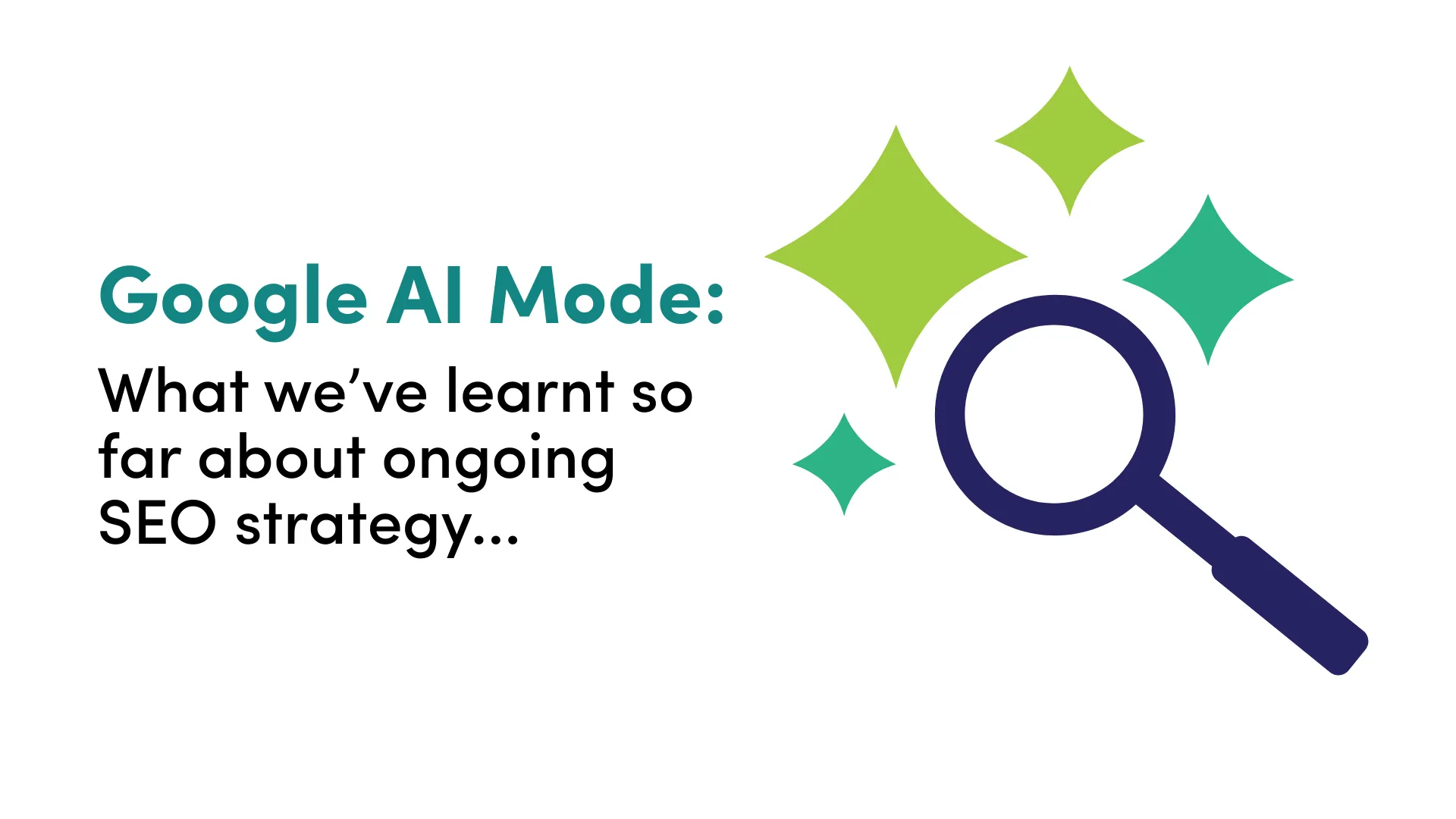
Well it's been 5 months since Google AI Mode officially launched in Australia and the effects on search behaviour, traffic patterns and SEO strategy are clearer and [...]

Once upon a time, Black Friday was a single weekend event that followed Thanksgiving in the U.S. It's basically their version of Boxing Day sales but with [...]
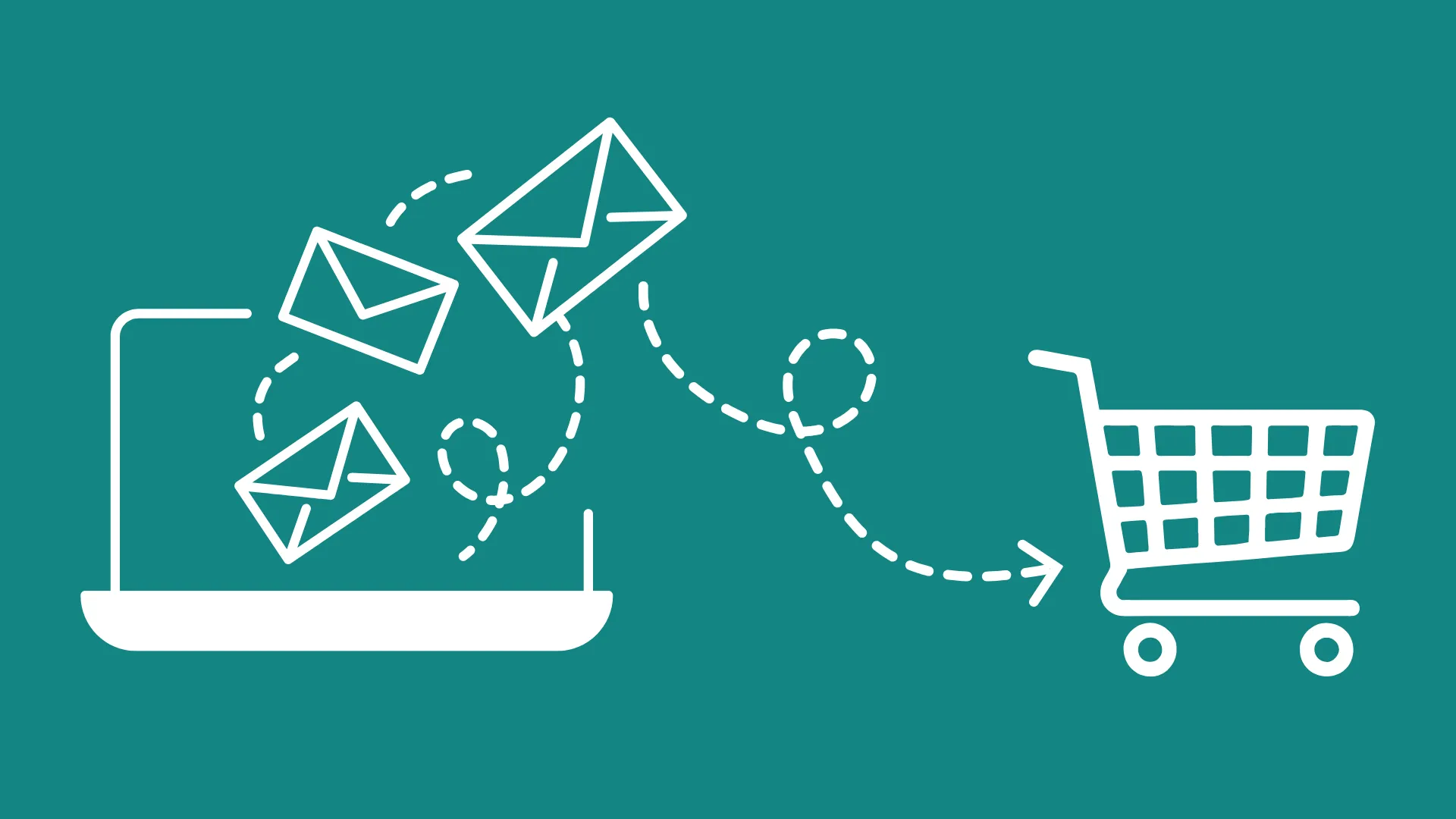
People are opening your emails. They’re clicking your links. But… they still haven’t converted. You're first reaction is probably, "My emails aren't working." But that's not actually [...]

Well it's been 5 months since Google AI Mode officially launched in Australia and the effects on search behaviour, traffic patterns and SEO strategy are clearer and [...]
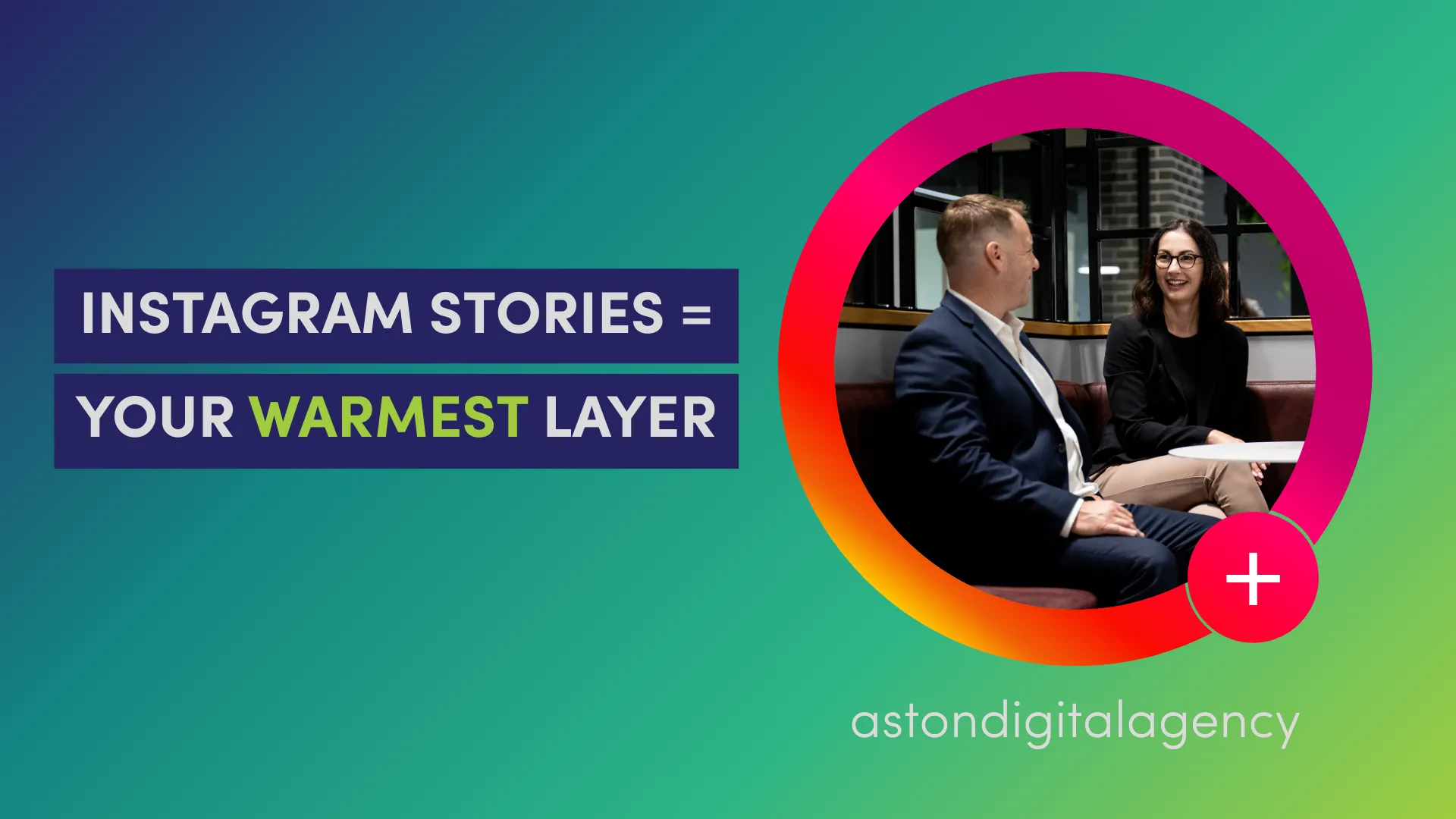
Most organisations are obsessed with reach - and so they should be. They want new audiences, new eyeballs, new followers - who doesn't? They pour budget into [...]
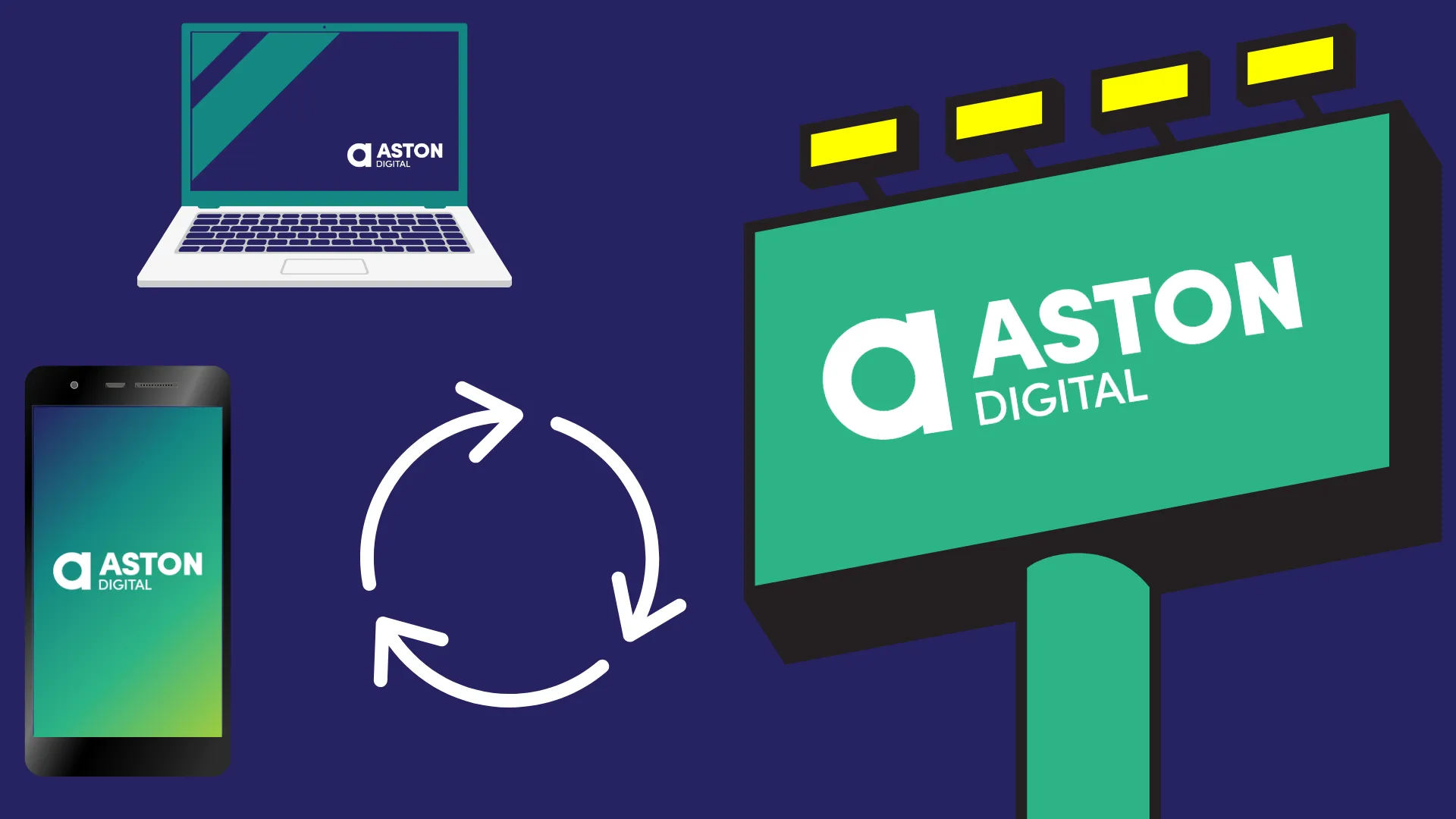
Recently we explored the Mere Exposure Effect - the psychological principle that says people tend to develop a preference for things simply because they’re familiar with them. [...]

For years, Meta ads were managed like a machine you had to constantly tweak. Adjust the bid strategy. Restructure the campaign. Turn off underperformers quickly. Optimise daily. [...]

If you're finding your Meta ads lately are becoming more expensive and less effective, the problem probably isn't your targeting or your budget. The Meta Ads algorithm [...]

For years, follower count was treated as the ultimate measure of success on social media. More followers meant more reach, more influence and more credibility. In 2026, [...]
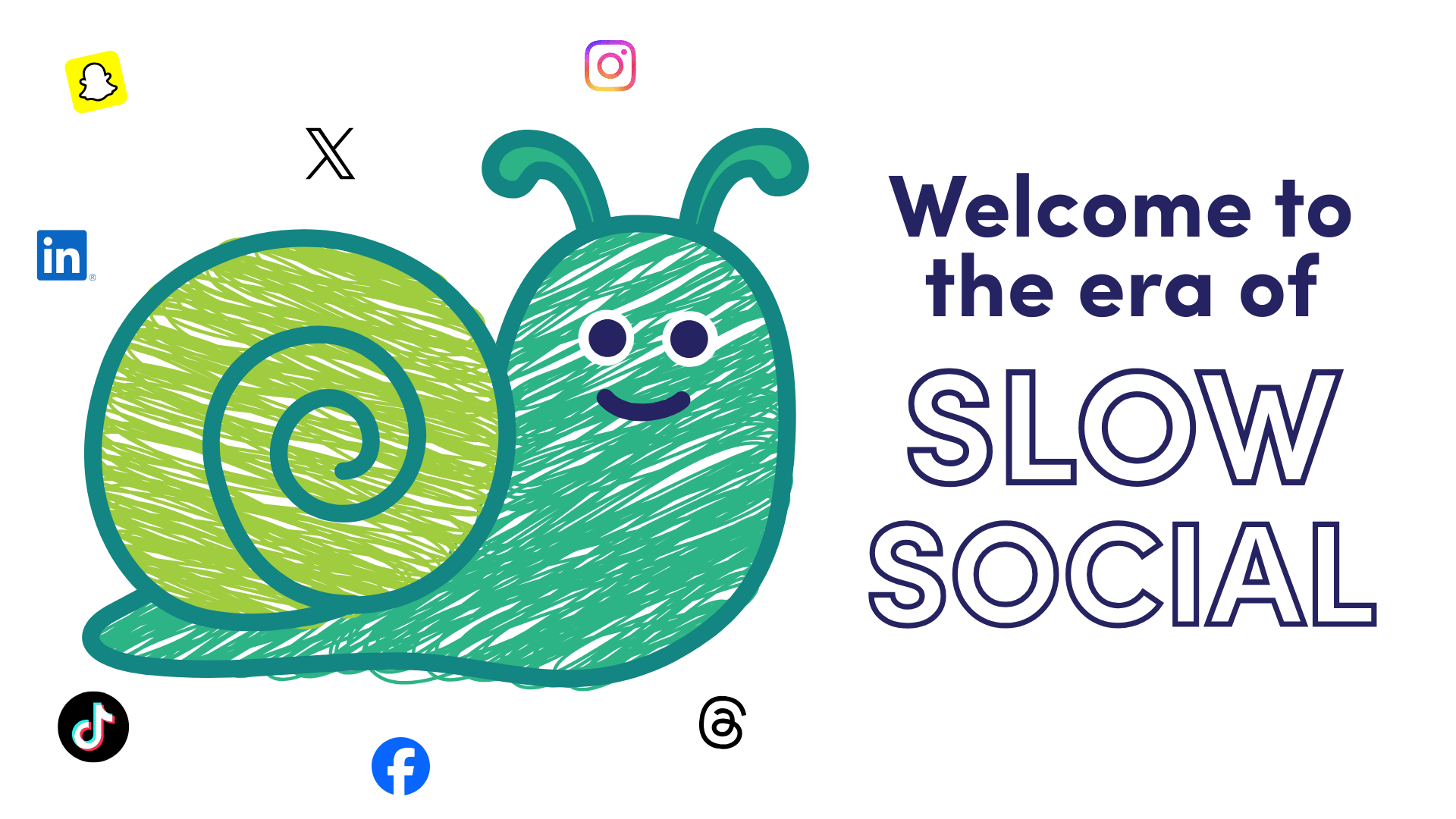
Something has shifted online this year, and if you work in marketing, you’ve felt it. Feeds feel noisier, yet somehow emptier. Search results loop endlessly. Trends peak [...]

Engaging with your audience may be more powerful than most social media teams realise. A new data study from Buffer has revealed that responding to comments on social [...]

Once upon a time, Black Friday was a single weekend event that followed Thanksgiving in the U.S. It's basically their version of Boxing Day sales but with [...]

People are opening your emails. They’re clicking your links. But… they still haven’t converted. You're first reaction is probably, "My emails aren't working." But that's not actually [...]

